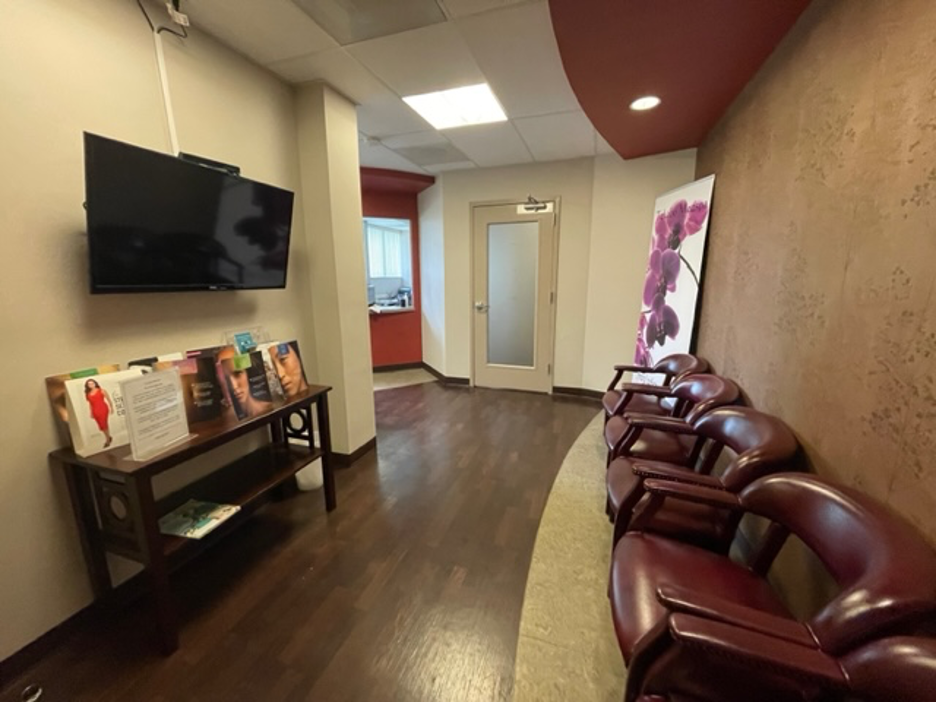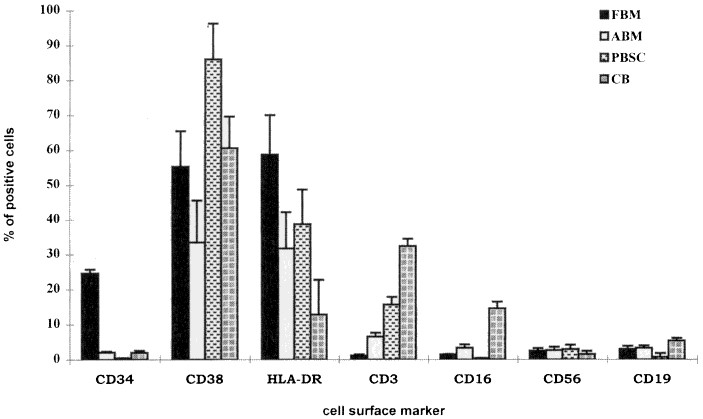COVID-19 causes a mild illness in many people. But some people may be at higher risk for having severe symptoms from COVID-19. A recent study found that 88% of hospitalized COVID-19 patients had more than one chronic condition,* and other factors can also increase your risk.
You may be at high risk if you:
- Are 65 or older
- Live in a long-term care facility
- Have an ongoing serious health condition, such as:
- Lung disease or asthma
- Heart conditions
- High blood pressure
- Severe obesity
- Diabetes
- Kidney or liver disease
- A weakened immune system
- Cancer treatment
If you’re pregnant, it may be safest to consider yourself at higher risk because information on how COVID-19 affects pregnant women is limited. To learn more about how the virus could affect you or your care, visit kp.org/maternity-covid.
If you have an ongoing health condition, here are some ways you can help keep yourself safe.
- Stay home as much as you can.
- Have supplies on hand, like food, household items, medical supplies, and over-the-counter and prescription medications.
- Routinely clean and disinfect high-touch surfaces like doorknobs, light switches, and phones.
- Limit visitors.
- When you leave home, keep 6 feet of space between yourself and others.
- Wear a cloth face cover when you’re near other people.
- Wear gloves or carry tissues or paper towels with you to protect your hands when you need to touch things like door handles, shopping carts, and handrails.
- Don’t touch your face, and wash your hands often.
- Have a plan in case you get sick
If you develop symptoms of COVID-19 — such as fever, cough, or shortness of breath — call your doctor.
*Safiya Richardson et al., “Presenting Characteristics, Comorbidities, and Outcomes Among 5700 Patients Hospitalized With COVID-19 in the New York City Area,” Journal of the American Medical Association, April 22, 2020.






